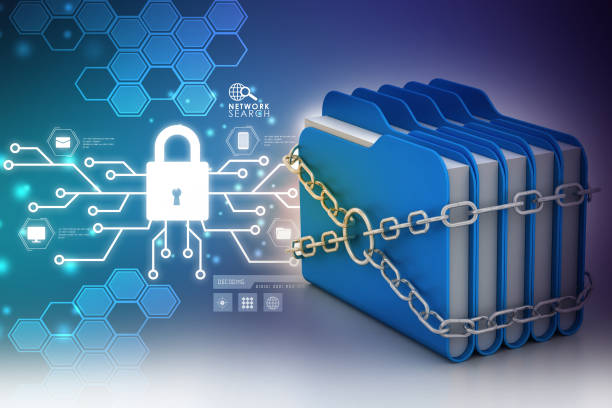In today’s digital age, data plays a vital role in every aspect of business operations. Losing critical data due to various reasons, such as hardware failures, natural disasters, or cyber attacks, can lead to severe consequences, including extended downtime, financial losses, and damage to brand reputation. Implementing a robust backup and recovery solution is crucial to safeguarding valuable data and ensuring business continuity. Among various backup strategies, bare metal backup stands out as an effective method to restore an entire system, including the operating system, applications, configurations, and data, to its previous state.
Understanding Bare Metal Backup
Bare metal backup, also known as disaster recovery backup, is a technique that creates a comprehensive image or snapshot of an entire system, including the operating system, applications, configurations, and data. This method provides a complete system backup, allowing organizations to recover their systems to a previous state quickly and efficiently. Unlike traditional file-level backups, bare metal backup eliminates the need for manual reinstallation or configuration of the operating system and applications during the recovery process.
How Bare Metal Backup Works
Bare metal backup involves capturing a complete system image and storing it in a backup repository. This repository can be located on a DAT tape, an external USB drive, a private-cloud backup repository within the organization, or even on a public cloud. During the recovery process, the entire disk can be restored to its pre-crash state using the backed-up image. Many bare metal backup solutions store the backed-up file as virtual hard drives, enabling administrators to mount a VHD file into a live operating system and extracting individual files if needed.
Key Advantages of Bare Metal Backup
- Protection Against Total Hardware Failure: Bare metal backup offers superior protection against total hardware failure by enabling the restoration of an entire disk to its previous state.
- Data Verification and Testing: Some bare metal backup solutions provide built-in comparison reports that show differences between backed-up data and the actual machine, ensuring accurate data recovery.
- Accessibility of Backed-Up Data: Although accessing a bare metal backup may not be as straightforward as a file-level backup, some solutions, such as Syncrify, allow access to backed-up files through a web browser, making them easily accessible from any device.
- Storage Requirements: While bare metal backups require significant storage space due to the inclusion of the entire system image, file-level backups typically only backup important data files, resulting in lower storage requirements.
Implementing Bare Metal Backup Solutions
To successfully implement bare metal backup solutions, organizations should follow these best practices:
- Identify Backup Frequency: Determine the frequency of backups based on the criticality and volatility of data. More frequent backups are necessary for sensitive and frequently changing data.
- Select Imaging Software: Choose reliable and feature-rich imaging software that aligns with organizational needs. Popular options include Acronis True Image, Symantec Ghost, and Clonezilla.
- Set Up Storage Medium: Ensure adequate storage space for backing up the entire system image. Options include external hard drives, network-attached storage (NAS), or cloud storage.
Conclusion
Bare metal backup is a powerful and effective backup strategy that enables organizations to protect their critical data and ensure business continuity. By understanding the principles of bare metal backup and implementing it correctly, businesses can minimize downtime, meet compliance and regulatory requirements, and maintain a competitive edge in today’s fast-paced business environment.

